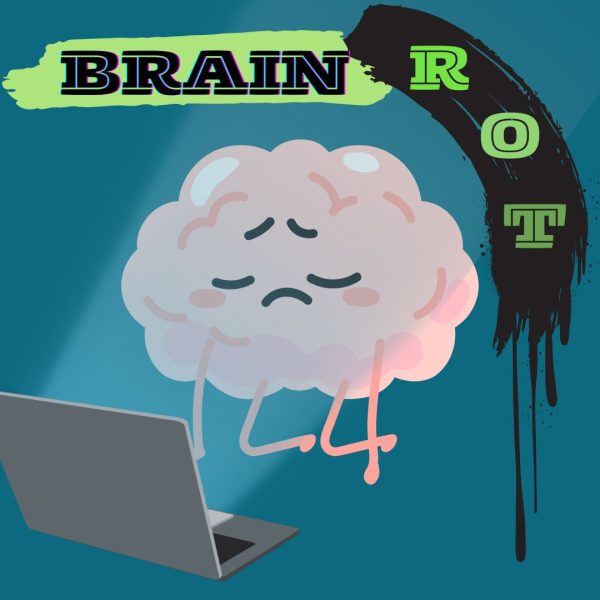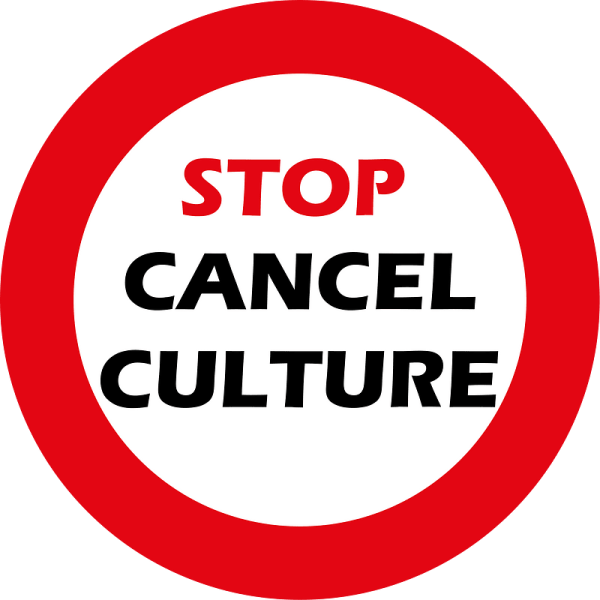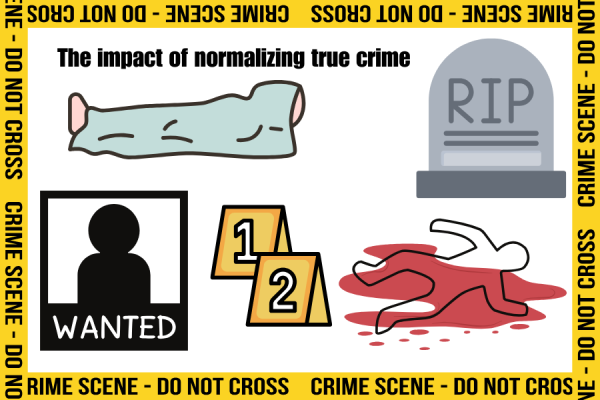Getting down to the meat of the problem
Today’s meat industry raises ethical concerns that should shape eating habits.
The argument about whether or not it is humane to eat meat has been debated for countless years. In the last month, there have been several articles published in news outlets, such as CCTV-America and One Green Planet specifically mentioning the negative impacts animal agriculture has on the environment, as well as many more on The Herald and The Huffington Post discussing animal cruelty and the benefits of living meatless.
But, despite the topic’s lasting popularity, it seems that by now many people have either accepted the existence of vegetarians and vegans, or become one themselves. However, others dismissed their arguments by stereotyping them to be “hippies.” But dismiss no more; these people are eventually going to be the ones saving our planet from its inevitable depletion of resources and possible demise.
A fact that is widely known, but not often brought up is that animal agriculture (such as livestock farming and dairying) is responsible for much of the world’s problems today. Recently, I watched the documentary “Cowspiracy” and I learned about animal agriculture in one of my classes, and here’s what I learned: problems, such as: climate change, excessive amounts of methane, environmental degradation, drought, etc. can be partially attributed to the farming of livestock.
The meat and dairy industry produces more exhaust than all cars, trucks, trains, boats, and planes combined. Just to get meat, more waste gases are emitted than those released by transportation used around the entire world. If that doesn’t blow your mind, this will: one quarter-pound hamburger takes over 660 gallons of water to produce. That’s equivalent to two whole months of showering. Crazy, right?
Aside from the detrimental environmental footprint animal agriculture leaves on earth, just seeing how the animals we eat are being treated would make you halt your meat-eating habits cold-turkey.
Many big-name farms have begun using a method called factory farming. These “farms” stuff as many animals as they can into tiny spaces in order to maximize their output and minimize cost, almost always at the animal’s expense. Animals raised in this kind of environment are poked daily and are always on drugs, antibiotics to be exact, in order to prevent disease.
The rampant use of antibiotics in the animals people eat has resulted in resistance to the medicine they are treated with, leaving us vulnerable to diseases they may carry.
Furthermore, the factory farming process is extremely popular because it allows manufacturers to produce tons of meat for very small amounts of money. By partaking in methods like these, farmers are undoubtedly torturing their animals, cramming them so close together that diseases are spread very easily and death becomes an everyday thing.
Now, although this seems like a circle-of-life kind of sequence, the mistreatment of animals still pertains a great deal to you and your everyday life. Farms that aren’t properly maintained can become breeding grounds for diseases like E. coli and salmonella, which are passed to humans through meat, dairy, and eggs. Along with this, animal waste runoff from these farms pollutes the water we drink, the land we live on, and the air we breathe. Things just got personal.
Here is where humanity reaches a crossroads. It is a fact that we as humans do not need meat to survive. By continuing to slaughter animals for food, some could argue that we are blindly following a tradition simply because it’s what society has been doing for years and years. People are creating pain and suffering for animals, as well as harming the environment by participating in animal agriculture.
It isn’t necessarily realistic to expect the whole world to halt eating meat, but there are things you and I can do to improve the current situation. Participating in activities like “Meatless Mondays” and buying animal products only from sustainable farms can help a great deal.
We are currently living in a world where every little effort to save it counts. Things like driving a car and taking a long shower have been proven to be extremely detrimental to the environment, and I believe that eating meat should be added to this list.
We as a species have killed so many animals that we are nearing a human-caused sixth extinction. In order to cease our progression towards environmental downfall, we need to reflect on our own behavior and practices, and consider the colossal effects meat-eating has caused. Seeing that vegetables can provide as much if not more protein than meat can, I question why society still chooses to slaughter poor, helpless creatures over eating a vegetarian diet. One thing is for sure: I’m siding with the hippies on this one.










